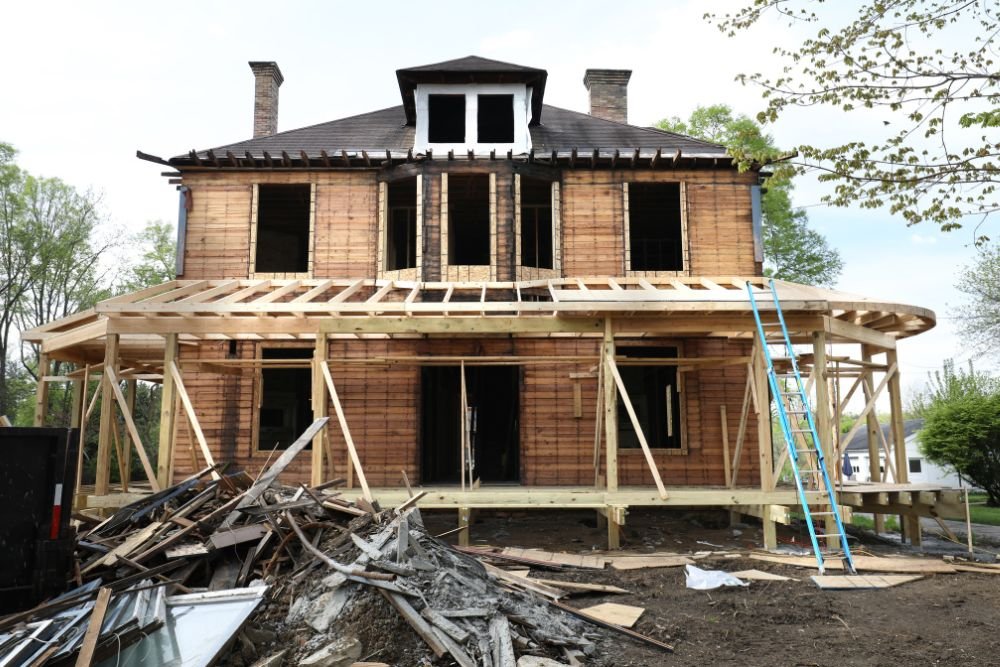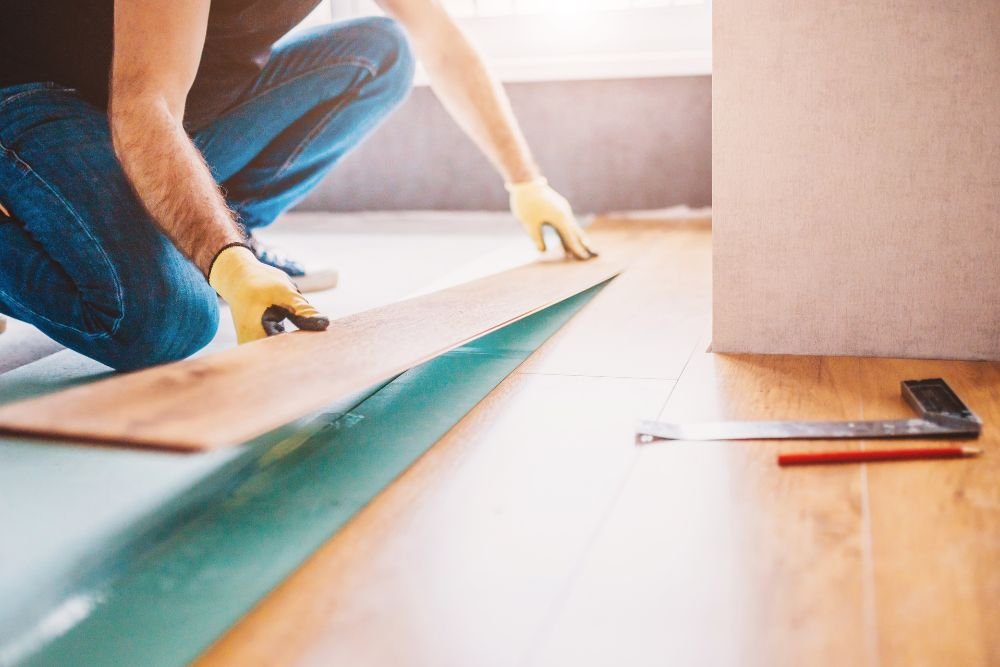Essential Renovations To Consider Before Selling Your Home
Selling your home is exciting, yet the process of preparing your space for the sale can feel overwhelming. By investing in key renovations, you can boost your home’s market value and make it more appealing to potential buyers. Here are some essential renovations to consider before selling your home.
Kitchen Upgrade
The kitchen is often considered the heart of the home, making it one of the most critical areas to renovate. Updating the countertops, cabinets, and appliances can significantly enhance the space’s appeal.
If you prefer not to replace the existing countertops, there are plenty of reasons why resurfacing countertops is better, including being a cost-effective option. Upgrading the appliances to stainless steel and adding modern cabinet hardware can also make a big difference in the overall visual appeal of the kitchen.
Bathroom Remodel
Modernizing the bathrooms with new fixtures, stylish tiles, and efficient lighting can have a significant impact on the appeal of these rooms. Potential buyers want bathrooms that feel clean, spacious, and functional.
Consider installing a new vanity, updating the shower or bathtub, and adding energy-efficient lighting in each bathroom. Simple touches like a new paint color or new shower curtains can also elevate the bathrooms’ look.
Interior and Exterior Paint
A fresh coat of paint both inside and outside your home can brighten up the space and give it a modern look. Neutral colors are generally recommended as they appeal to a broader range of buyers. Inside, choose colors like soft gray, beige, or off-white.
For the exterior, consider a color that complements surrounding homes but stands out enough to catch the eye. And don’t forget to paint the front door a welcoming color that invites people into the home.
Flooring Replacement
Consider replacing old carpet and refinishing worn-out hardwood floors. New and updated flooring can create a cohesive, polished look throughout the home and significantly enhance its overall aesthetic.
If you primarily have carpet in your home, consider swapping it out for hardwood or laminate flooring, which are generally more appealing options for buyers. For existing hardwood, proper refinishing can restore its luster and make it look as good as new.
Energy Efficient Upgrades
Adding energy-efficient upgrades is a worthwhile investment as you prepare to sell your home. Buyers are increasingly looking for homes that look beautiful and are economical to maintain.
Consider installing energy-efficient windows, upgrading to a smart thermostat, or adding insulation throughout the house to reduce energy costs. These improvements can make your home more attractive to eco-conscious buyers and can also increase its overall market value.
Start Planning Your Renovations
These essential renovations to consider before selling your home have the potential to profoundly impact your property’s marketability and value. Updating key areas like the kitchen and bathrooms can make your home more appealing, while new flooring, a fresh coat of paint, and energy-efficient improvements can attract a broader range of buyers. Ready to take the next step? Start planning your renovations today!
.jpg?format=1500w)




